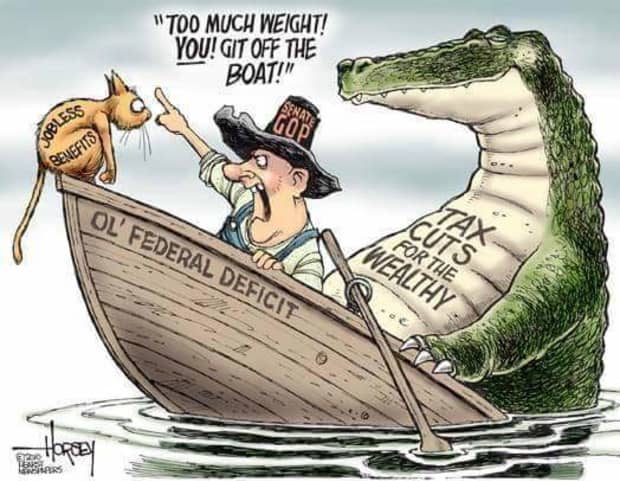This post was originally published on this site

Sen. Ted Cruz of Texas.
Getty Images
During his 2016 presidential campaign, Donald Trump — even though he had dubbed himself “the king of debt” — promised to slash the mounting national debt until it was completely eliminated within eight years. Four years on, how’s that going? Not well.
Turns out the U.S. government, due in part to the coronavirus pandemic, ran a record budget deficit of $3.1 trillion in the fiscal year that ended in September. The deficit, which is the gap between what the U.S. spends and what it earns through tax receipts and other revenue, came to $2 trillion more than what the White House had forecast earlier in the year.
By comparison, the deficit in 2019 totaled $984 billion.
The cumulative effect of running up the deficit year after year, including 2020’s spike, has resulted in a national debt of more than $27 trillion, up from less than $20 trillion when Trump took office.
Read: How each president has contributed to the national debt
Axios on Monday asked Sen. Ted Cruz, the Texas Republican, why his party tends to focus on the national debt when Democrats hold the White House, but to turn their attention elsewhere when the GOP is in charge of the executive branch.
“I have raged against my own party not genuinely fighting to rein in spending and deficits and debt,” Cruz said, prompting Axios political correspondent Jonathan Swan to ask whether Republicans would renew their focus on debt should the Democrats take back the White House.
“Sure,” Cruz responded.
Swan then asked, “Isn’t that the most cynical, phony thing?”
Watch the full clip:
The exchange was widely shared on social media, with one tweet offering up a cartoon criticism of what Cruz and his party have meant for the debt:

Other than the expected partisan finger pointing and name calling, Swan mostly drew praise in the replies for how he handled the interview:
Read on: Social media reacts to Trump’s ‘shocking’ Axios interview with Jonathan Swan

